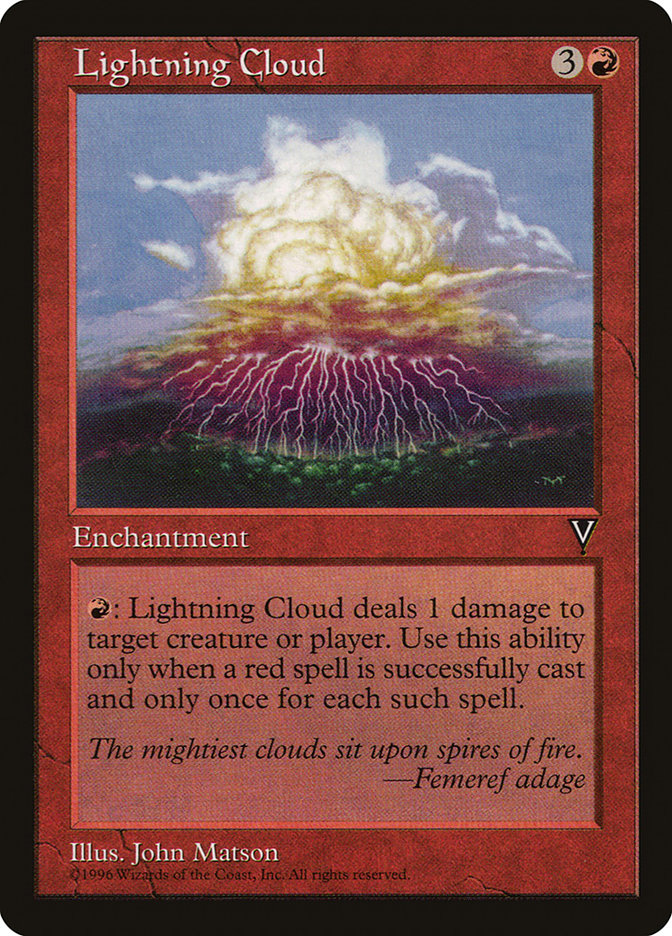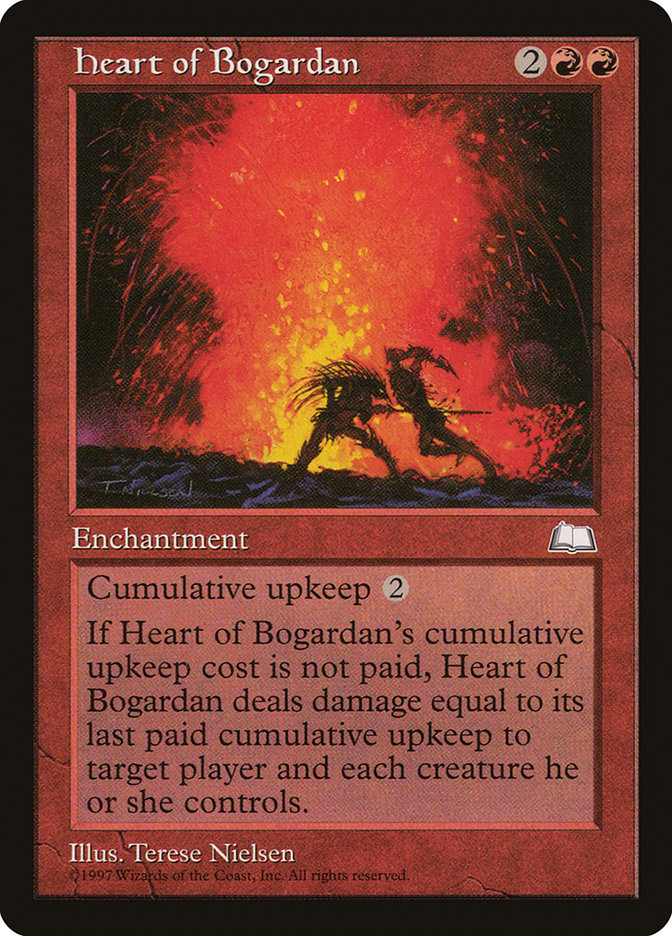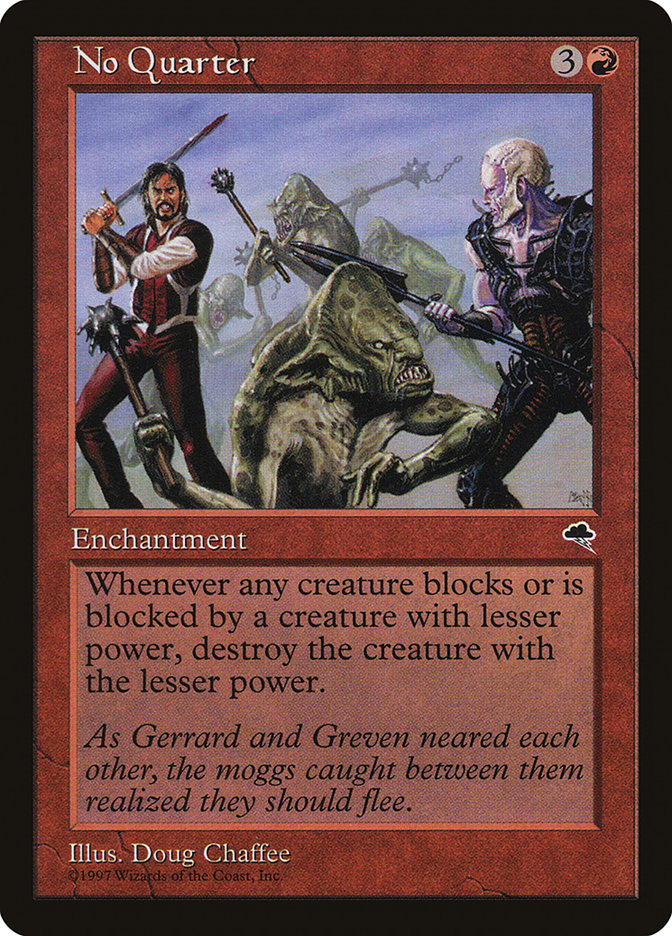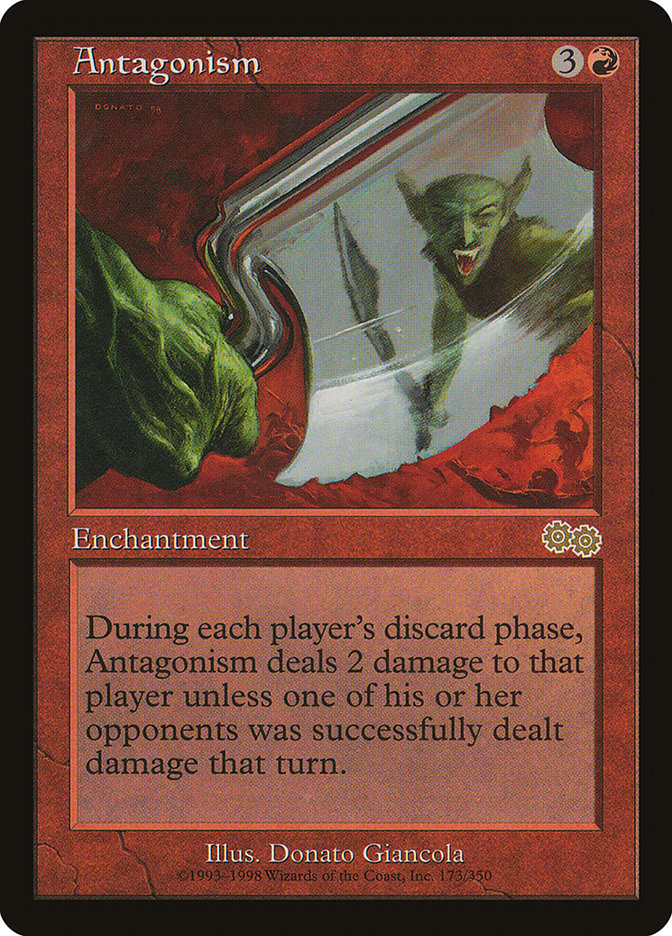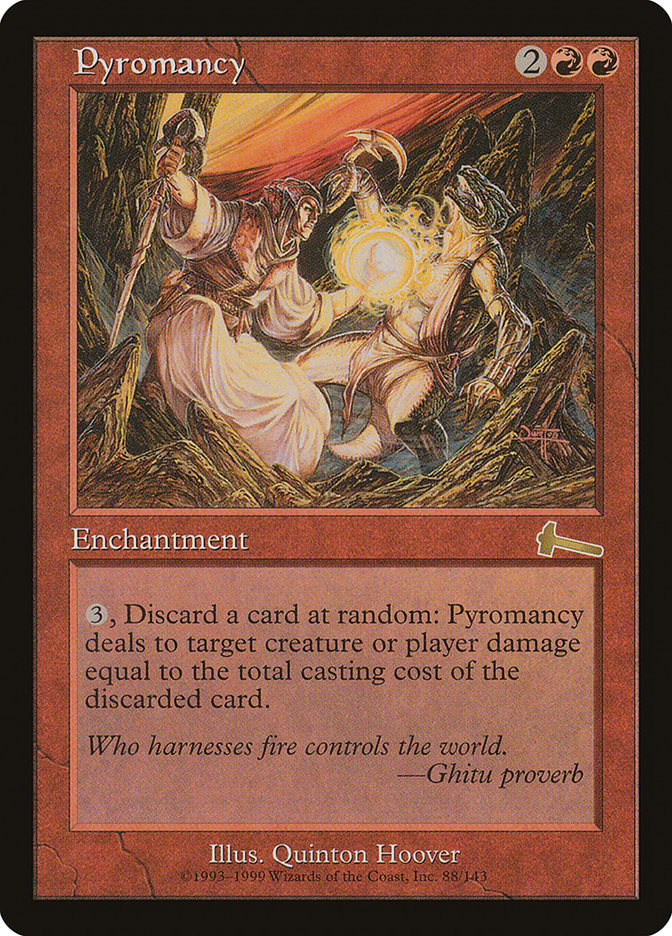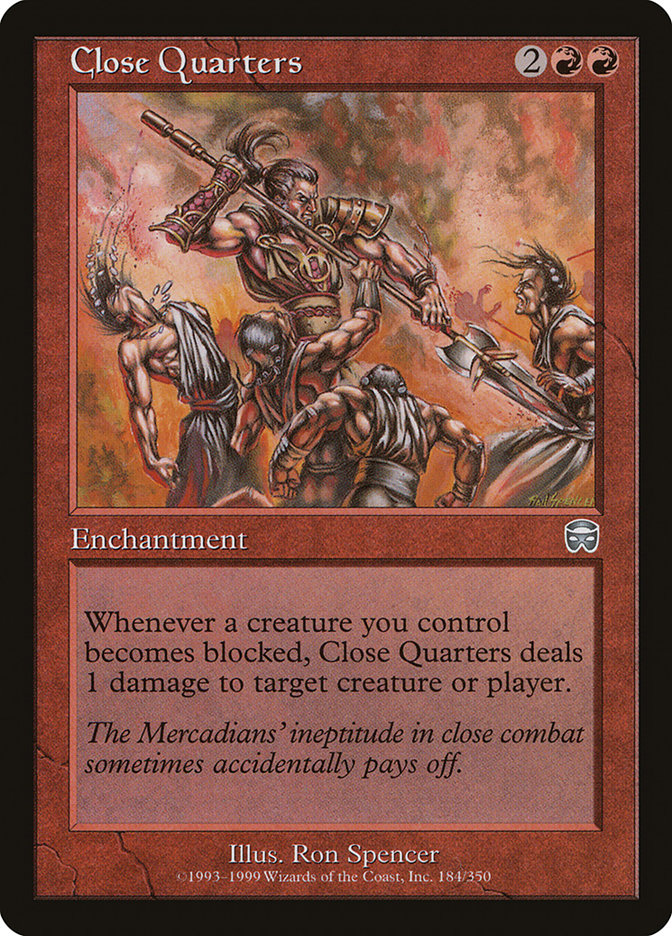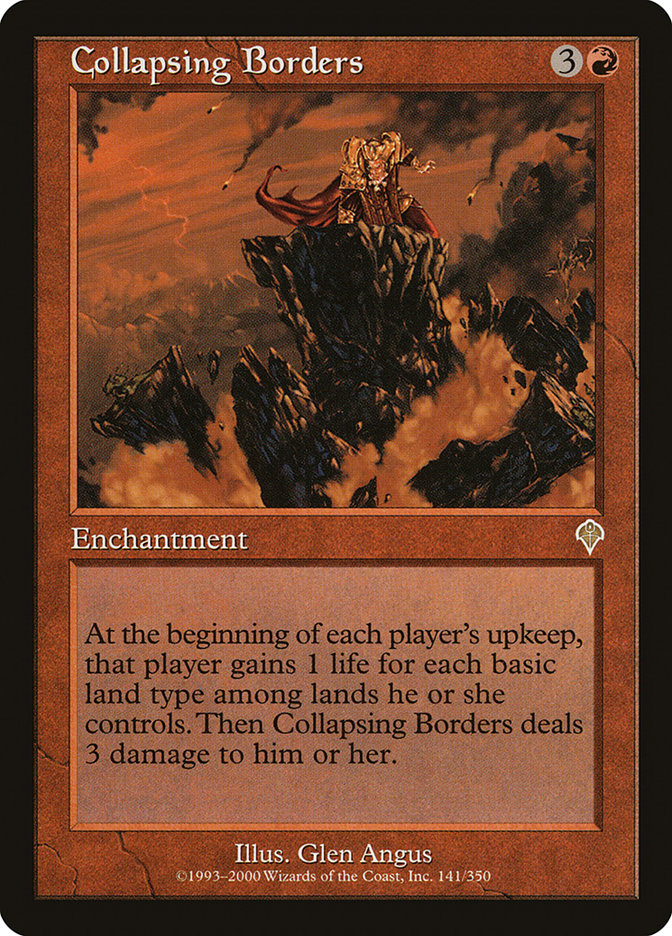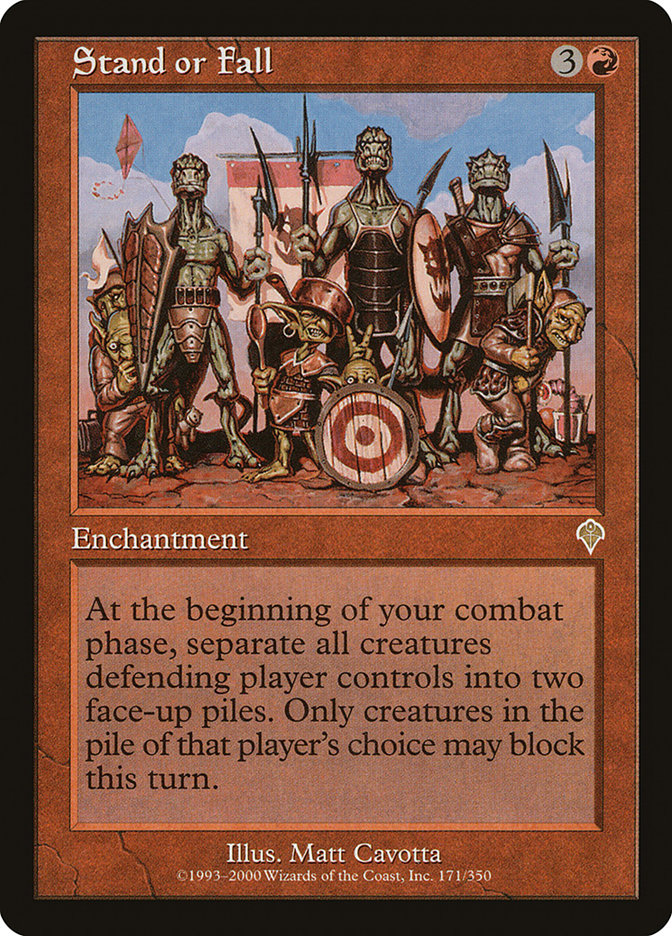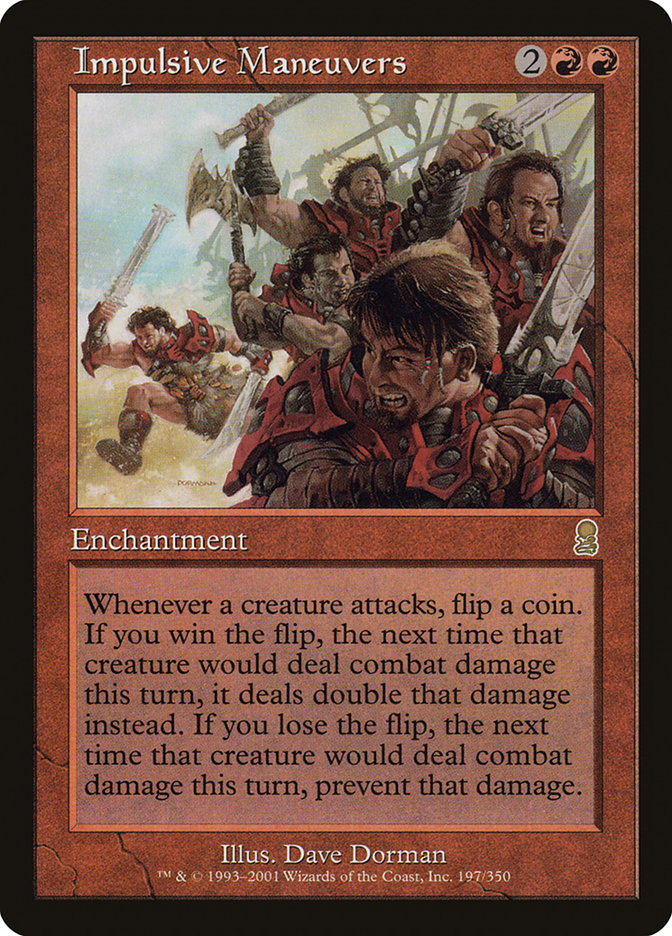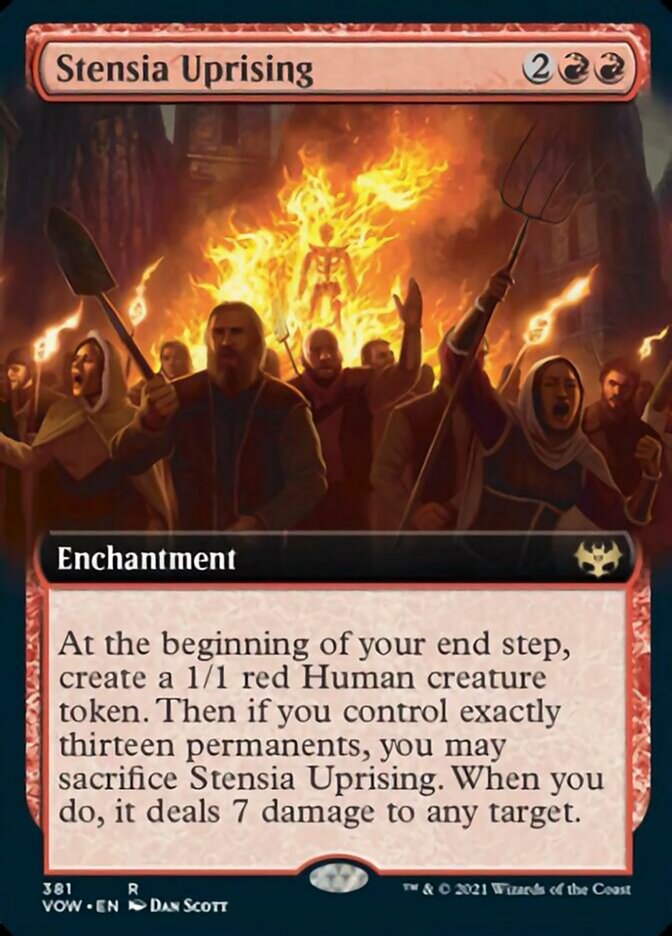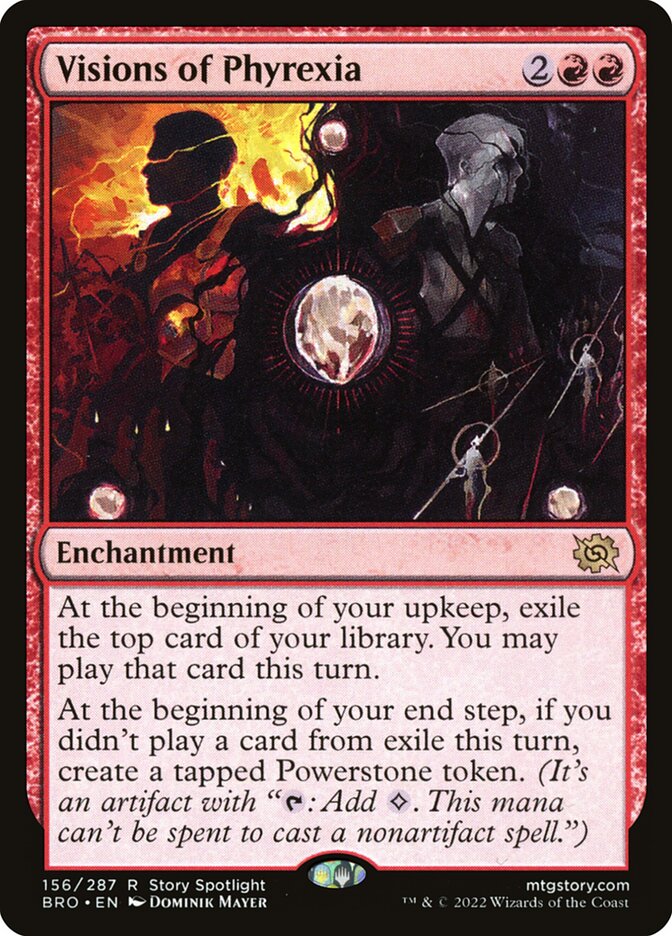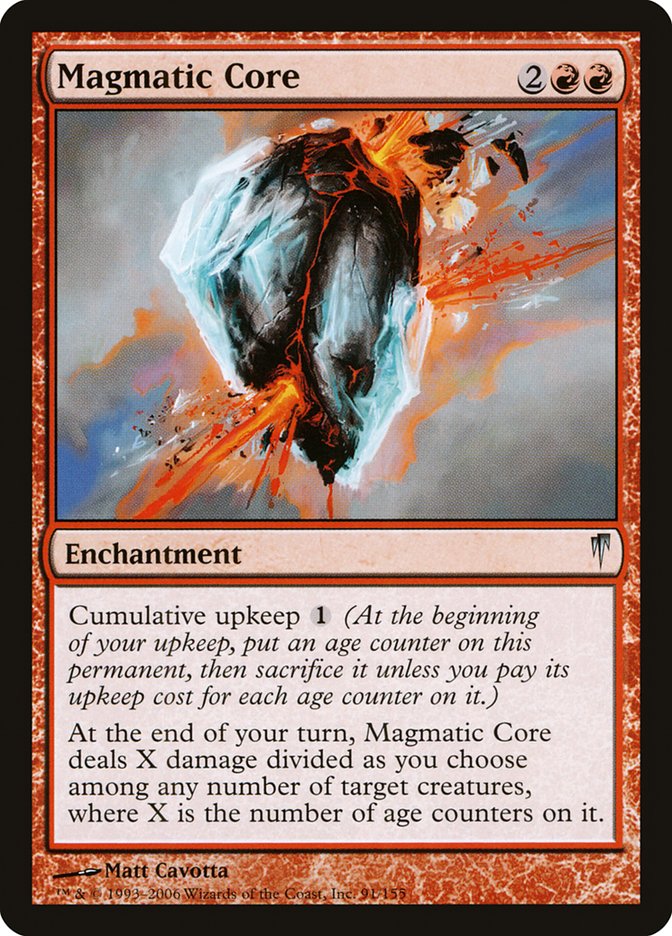Loot Dispute MTG Card
| Card sets | Released in 2 setsSee all |
| Mana cost | |
| Converted mana cost | 4 |
| Rarity | Rare |
| Type | Enchantment |
| Abilities | Loud Ruckus,Treasure |
Text of card
When Loot Dispute enters the battlefield, you take the initiative and create a Treasure token. Whenever you attack the player who has the initiative, create a Treasure token. Loud Ruckus — Whenever you complete a dungeon, create a 5/5 red Dragon creature token with flying.
Cards like Loot Dispute
Loot Dispute adds a new twist to the trove of treasure-centric strategies within the realm of Magic: The Gathering. This card is akin to other treasure-generating spells like Pirate’s Pillage, which is known for ramping up a player’s mana capabilities by creating Treasure tokens. However, Loot Dispute edges out with its lower mana cost and the potential immediate card draw, offering a chance at more fluid play.
When placed side by side with something like Hornswoggle, which counters a spell and coughs up a Treasure token, the conditions for advantage differ. Hornswoggle demands a reactive playstyle, blocking opponents’ moves, whereas Loot Dispute can proactively fill your hand and enhance board state, even if your opponent doesn’t cast a spell. Then there’s Impulsive Pilferer, which upon dying, provides that valuable Treasure token. Loot Dispute, conversely, bypasses the need for a creature’s demise, giving access to resources—and tempo—right off the bat.
Assessing Loot Dispute amongst its peers, it stands out not just for its economic casting cost but for its dynamic where it combines immediate resource accrual with card advantage. In environments where tempo and efficiency reign supreme, Loot Dispute surely makes its mark.
Cards similar to Loot Dispute by color, type and mana cost
Card Pros
Card Advantage: Loot Dispute offers the ability to draw a card, thereby helping players cycle through their deck and keep their hand flush with options. This is crucial for strategies that rely on maintaining a constant flow of resources.
Resource Acceleration: The creation of Treasure tokens upon casting Loot Dispute grants immediate access to additional mana. This can lead to a significant advantage, enabling players to cast higher-cost cards earlier than usual or facilitate multi-spell turns.
Instant Speed: As an instant, Loot Dispute provides flexibility in gameplay, allowing players to respond to an opponent’s actions or to the end of their turn for optimal timing. This adaptability keeps opponents guessing and can be leveraged for strategic plays.
Card Cons
Discard Requirement: When playing Loot Dispute, one potential setback is the obligation to discard another card from your hand. This can become particularly taxing if your hand size is already diminished, ultimately reducing your strategic options and putting you at a disadvantage against opponents with fuller hands.
Specific Mana Cost: The casting cost for Loot Dispute is color-specific, requiring both red and blue mana, which could potentially restrict its integration into decks that are not geared towards a Izzet (red/blue) combination. Players running multi-colored decks may often find it challenging to generate the exact mana combination when it is crucial, which could affect the card’s overall playability.
Comparatively High Mana Cost: With a mana cost that some might consider steep for the impact it delivers, Loot Dispute can be seen as a costly venture for your mana pool. There are alternative cards available that could provide similar or even superior effects for a lower mana investment, making them perhaps more efficacious choices in a deck seeking to optimize efficiency and speed.
Reasons to Include Loot Dispute in Your Collection
Versatility: Loot Dispute offers flexible usage across various deck archetypes as it contributes to both ramp and card draw, essential elements for numerous strategies.
Combo Potential: This card stands out with its ability to generate Treasure tokens, aiding in combos that capitalize on artifacts or incremental value gain.
Meta-Relevance: In an environment where tempo plays a significant role, Loot Dispute enables players to maintain pace, ensuring they don’t fall behind in resource generation and card options.
How to beat
Loot Dispute has become a notable card among Magic: The Gathering treasure-makers, renowned for its ability to rapidly fill a player’s coffers with Treasure tokens. Unlike single-use treasure cards, it has the potential to continue generating resources throughout the game, prompting a different approach when facing it in play.
To effectively counter Loot Dispute, it’s essential to disrupt your opponent’s strategies. Cards that remove artifacts like Abrade or Shatterstorm can be used to swiftly eliminate accumulated Treasures, drastically reducing your opponent’s available mana and impeding their game plan. Instant-speed interaction is crucial, allowing you to respond to Loot Dispute’s trigger before the resources can be used.
Moreover, employing discard strategies to force your opponent to discard Loot Dispute before they can cast it is effective. Thoughtseize or Duress can help remove problematic cards from your opponent’s hand early on. Furthermore, including graveyard hate cards like Rest in Peace can suppress strategies revolving around recurring Loot Dispute from the graveyard, ensuring that once it’s dealt with, it stays out of play. By anticipating and disrupting your opponent’s strategies surrounding Loot Dispute, you can maintain control over the game’s pace and resource flow.
BurnMana Recommendations
Understanding the dual-edged nature of the Loot Dispute card is central to mastering MTG playstyles that value resource management and timing. With its card-drawing capability married to Treasure token creation, it opens doors to new tactical horizons. Its instant speed usage introduces an element of surprise, challenging opponents and triggering valuable synergies. However, being mindful of its drawbacks such as the discard requirement and the color-specific casting cost is crucial in deck integration. For enthusiasts eager to harness the full potential of Loot Dispute and navigate its parameters within various MTG archetypes, we extend an invitation to explore further with us—deepen your strategic repertoire, refine your card choices, and outmaneuver adversaries with finesse.
Where to buy
If you're looking to purchase Loot Dispute MTG card by a specific set like Commander Legends: Battle for Baldur's Gate and Commander Legends: Battle for Baldur's Gate, there are several reliable options to consider. One of the primary sources is your local game store, where you can often find booster packs, individual cards, and preconstructed decks from current and some past sets. They often offer the added benefit of a community where you can trade with other players.
For a broader inventory, particularly of older sets, online marketplaces like TCGPlayer, Card Kingdom and Card Market offer extensive selections and allow you to search for cards from specific sets. Larger e-commerce platforms like eBay and Amazon also have listings from various sellers, which can be a good place to look for sealed product and rare finds.
Additionally, Magic’s official site often has a store locator and retailer lists for finding Wizards of the Coast licensed products. Remember to check for authenticity and the condition of the cards when purchasing, especially from individual sellers on larger marketplaces.
Below is a list of some store websites where you can buy the Loot Dispute and other MTG cards:
 BUY NOW
BUY NOW BurnMana is an official partner of TCGPlayer
- eBay
- Card Kingdom
- Card Market
- Star City Games
- CoolStuffInc
- MTG Mint Card
- Hareruya
- Troll and Toad
- ABU Games
- Card Hoarder Magic Online
- MTGO Traders Magic Online
See MTG Products
Printings
The Loot Dispute Magic the Gathering card was released in 1 different sets between 2022-06-10 and 2022-06-10. Illustrated by Francisco Miyara.
| # | Released | Name | Code | Symbol | Number | Frame | Layout | Border | Artist |
|---|---|---|---|---|---|---|---|---|---|
| 1 | 2022-06-10 | Commander Legends: Battle for Baldur's Gate | CLB | 677 | 2015 | Normal | Black | Francisco Miyara | |
| 2 | 2022-06-10 | Commander Legends: Battle for Baldur's Gate | CLB | 631 | 2015 | Normal | Black | Francisco Miyara |
Legalities
Magic the Gathering formats where Loot Dispute has restrictions
| Format | Legality |
|---|---|
| Commander | Legal |
| Legacy | Legal |
| Oathbreaker | Legal |
| Vintage | Legal |
| Duel | Legal |
Rules and information
The reference guide for Magic: The Gathering Loot Dispute card rulings provides official rulings, any errata issued, as well as a record of all the functional modifications that have occurred.
| Date | Text |
|---|---|
| 2022-06-10 | A player who currently has the initiative may take the initiative again. This causes that player to venture into Undercity again, but does not cause them to have multiple initiative designations. |
| 2022-06-10 | If the player with the initiative leaves the game, the active player takes the initiative at the same time that player leaves the game. If the active player is leaving the game or if there is no active player, the next player in turn order takes the initiative. |
| 2022-06-10 | If you aren’t in a dungeon when instructed to venture into Undercity, you will put Undercity into the command zone and move your venture marker to Secret Entrance (the first room). |
| 2022-06-10 | If you’re already in a dungeon when instructed to venture into Undercity, you move to the next room of that dungeon. If you are already in the last room, you will complete that dungeon and start Undercity. This is true whether you’re already in Undercity or any other dungeon. |
| 2022-06-10 | In a Two-Headed Giant game, if both players on a team deal combat damage to the player that has the initiative at the same time, the player with the initiative will choose the order of the triggered abilities. Then, as those abilities resolve, one team member takes the initiative (and ventures into Undercity) and then the other team member does the same. The last player to take the initiative keeps it until the initiative changes again. |
| 2022-06-10 | Only one player can have the initiative at a time. As one player takes the initiative, any other player that had the initiative ceases to have it. |
| 2022-06-10 | Similarly, when instructed to venture into Undercity, you can’t start a dungeon that isn’t Undercity. |
| 2022-06-10 | The initiative is a designation a player can have. A player with the initiative designation is said to “have the initiative.” The initiative carries two inherent rules. First, whenever a player takes the initiative, and at the beginning of the upkeep of the player with the initiative, that player ventures into Undercity. Second, whenever one or more creatures a player controls deal combat damage to the player who has the initiative, the first player takes the initiative. Also, some abilities will refer to having the initiative and provide other benefits. |
| 2022-06-10 | There is no initiative in a game until an effect instructs a player to take the initiative. Once a player is instructed to do this, they have the initiative until another player takes the initiative. |
| 2022-06-10 | You cannot venture into Undercity unless instructed to do so, either because you have the initiative at the beginning of your upkeep or because you take the initiative. Notably, if you aren’t in a dungeon and an effect instructs you to venture into the dungeon (not venture into Undercity), you can’t start Undercity. |








